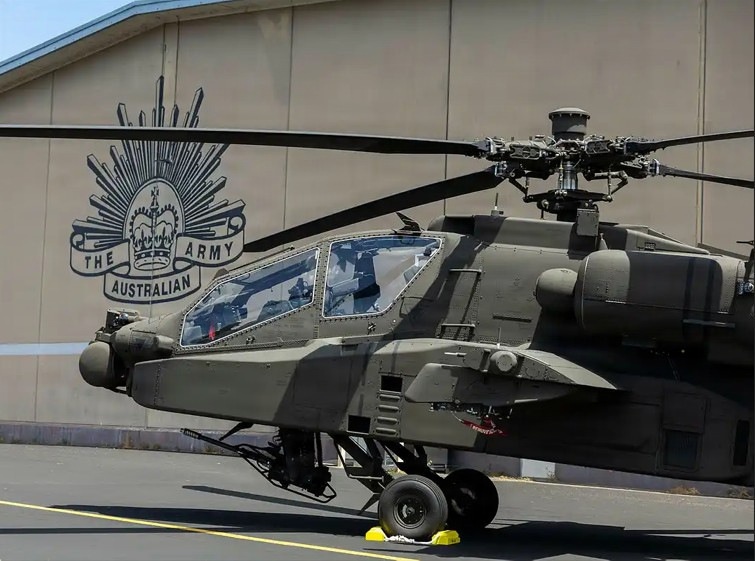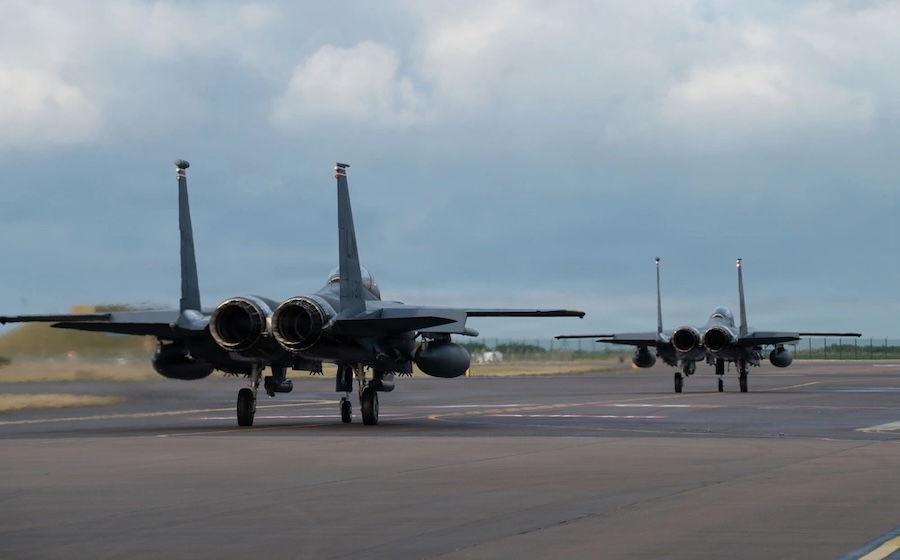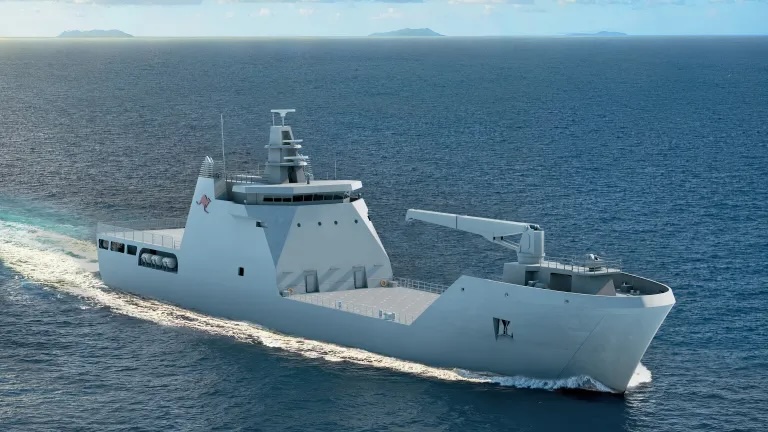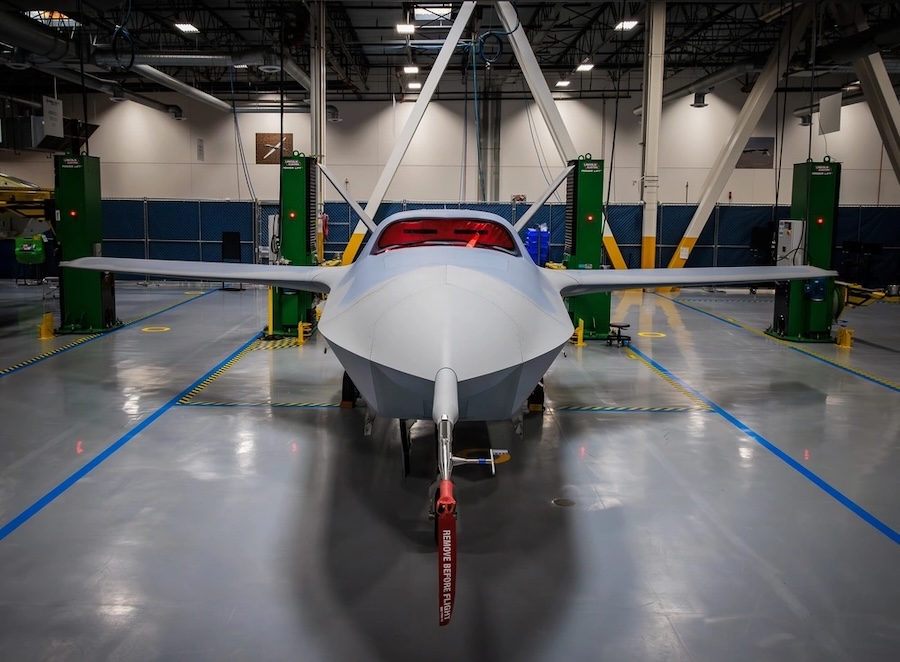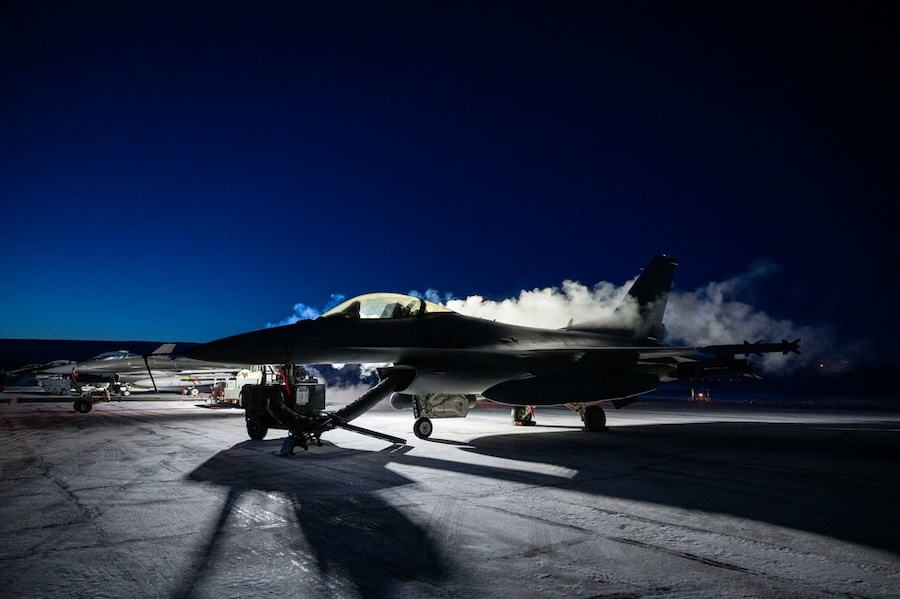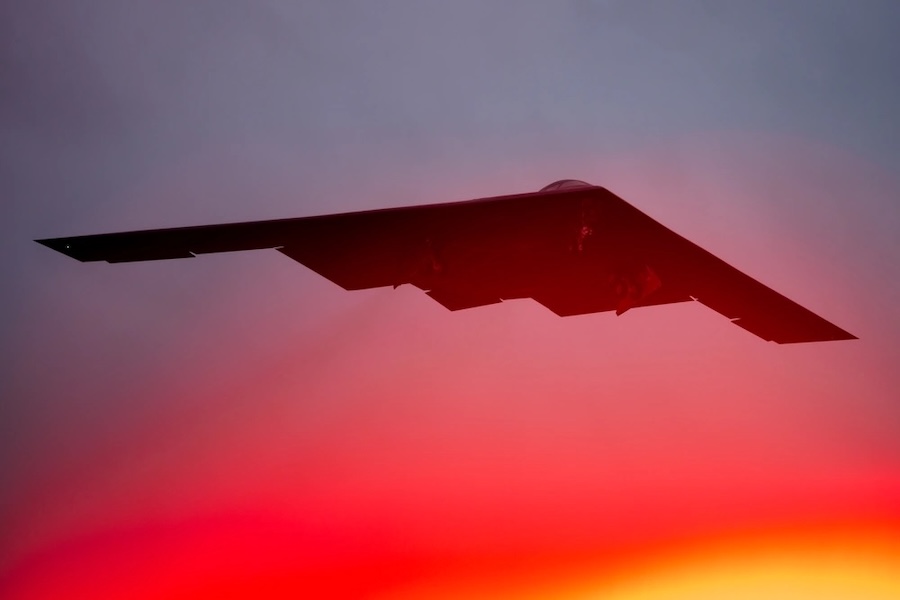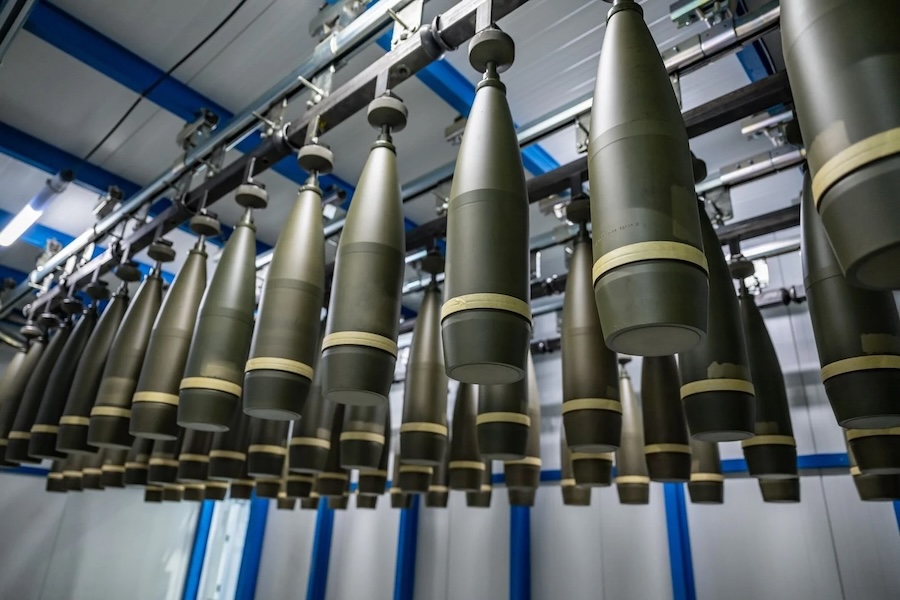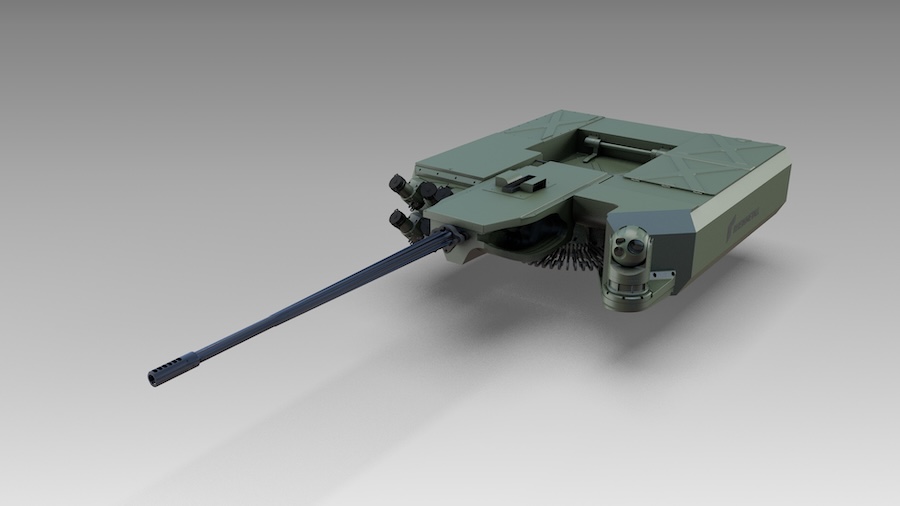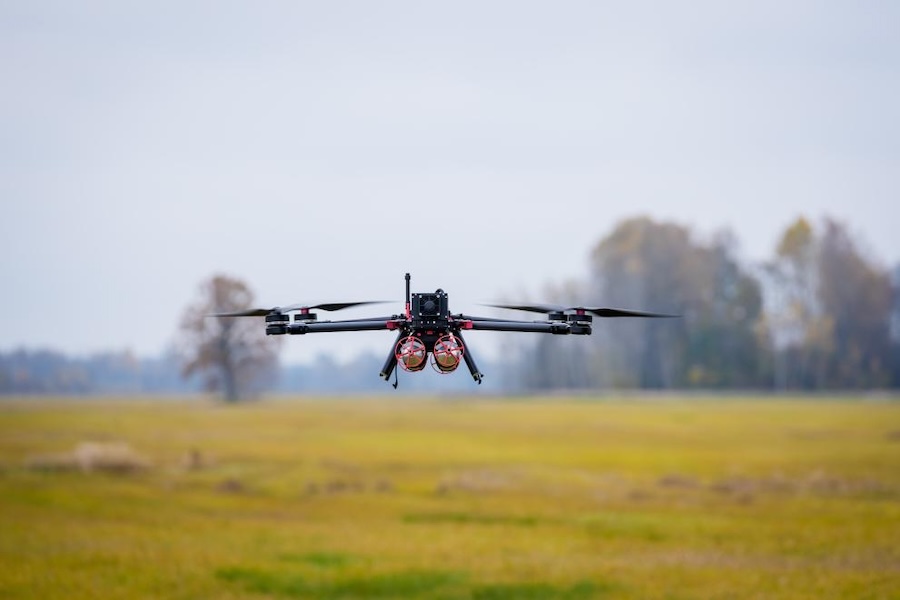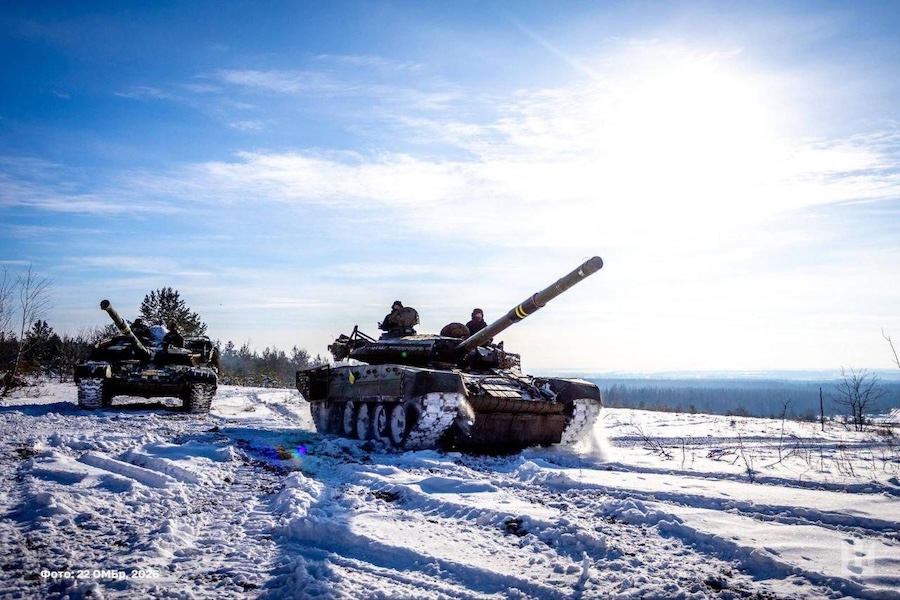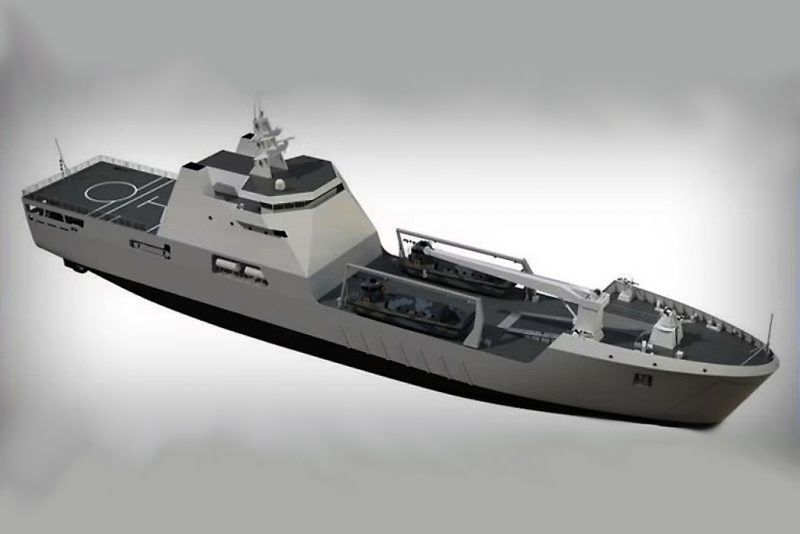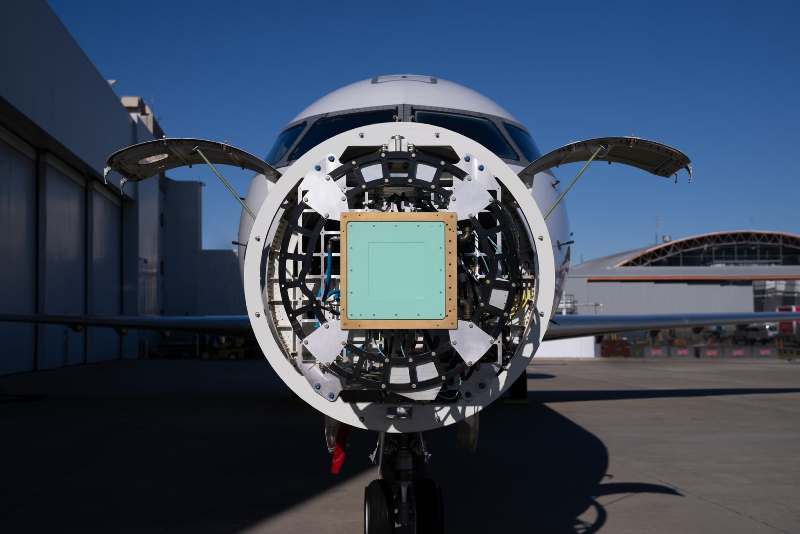This development signifies the Alliance’s ability to share pilot training capacity more effectively, leveraging multinational placements for student pilots. The initiative also establishes a foundation for future industry partnerships aimed at increasing training capacity.
“Multinational collaboration and early engagement with industry partners is critical to delivering the ambitious NFTE intent,” stated Ms Stacy Cummings, General Manager of NSPA. As NATO’s lead organisation for acquisition, support, and sustainment, NSPA plays a central role in meeting the Alliance’s training needs.
Launched in 2021 under a Memorandum of Understanding signed by participating nations’ Defence Ministers, the NFTE High Visibility Project (HVP) addresses the growing demand for military flight training. Since its inception, NFTE membership has expanded from 10 NATO Allies to 13, with further additions anticipated in 2025.
A staged approach has been essential for NFTE’s complex delivery plan. The first stage established processes for student placement at NFTE-accredited training campuses, delivering significant efficiencies. By connecting existing facilities with student demand, NFTE has enhanced visibility for strategic investments to expand training capacity.
The first training campuses to achieve NFTE accreditation were in the UK, with accreditation for the remaining 12 campuses in seven countries scheduled for 2025. This initiative sets the stage for unified standards, lower training costs, and enhanced interoperability among NATO Allies.
“Full Operational Capability is a significant milestone for NFTE; we now have the framework and processes required to maximise the effectiveness and minimise the administrative burden when sharing training capacity between nations,” explained Group Captain Ryan Morris, RAF, NFTE Steering Board Chair. He noted that Stage 2 of NFTE development, focused on strategic flying training solutions, is already underway.
Stage 2 has introduced the NATO Industrial Advisory Group (NIAG) Industry Interface Flight Training Europe (NIIFTE) group. Comprising over 40 industry representatives, the NIIFTE provides support and advice to NFTE on basic, advanced, and postgraduate training for various aircrew roles, including Fast Jet, Transport, Helicopter, and Remotely Piloted Air Vehicles.
The UK will retain the NFTE chair position in 2025, with Air Commodore Rob Caine succeeding Group Captain Ryan Morris. “I am very much looking forward to further developing the concept of delivering ‘NFTE by design’, to ensure that the training requirements across the Alliance are met,” said Air Commodore Caine.






![Air and missile defense: IBCS and the future of offensive and defensive integrated fires [Behind the Frontlines]](https://defence-industry.eu/wp-content/uploads/2025/07/Northrop-Grumman-completes-delivery-of-Integrated-Battle-Command-System-IBCS-units-for-U.S.-Army.jpg)

